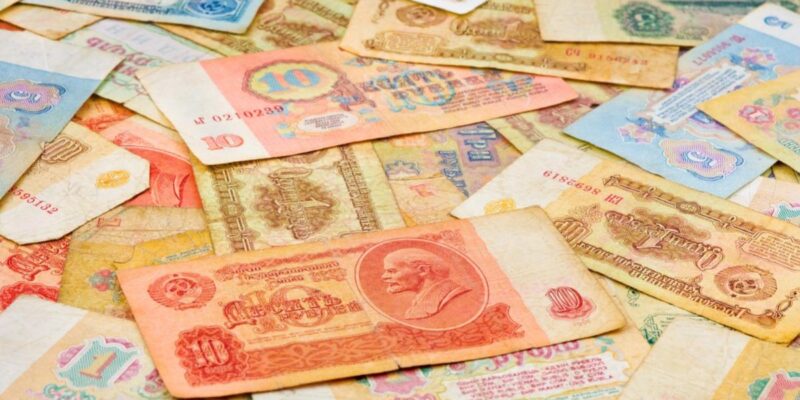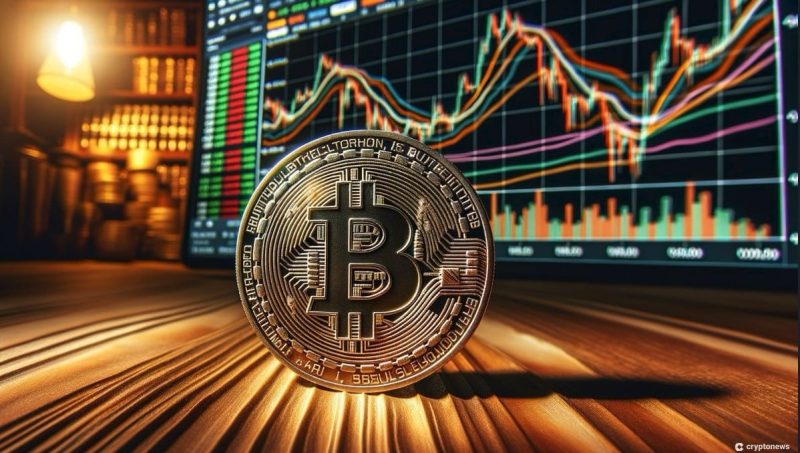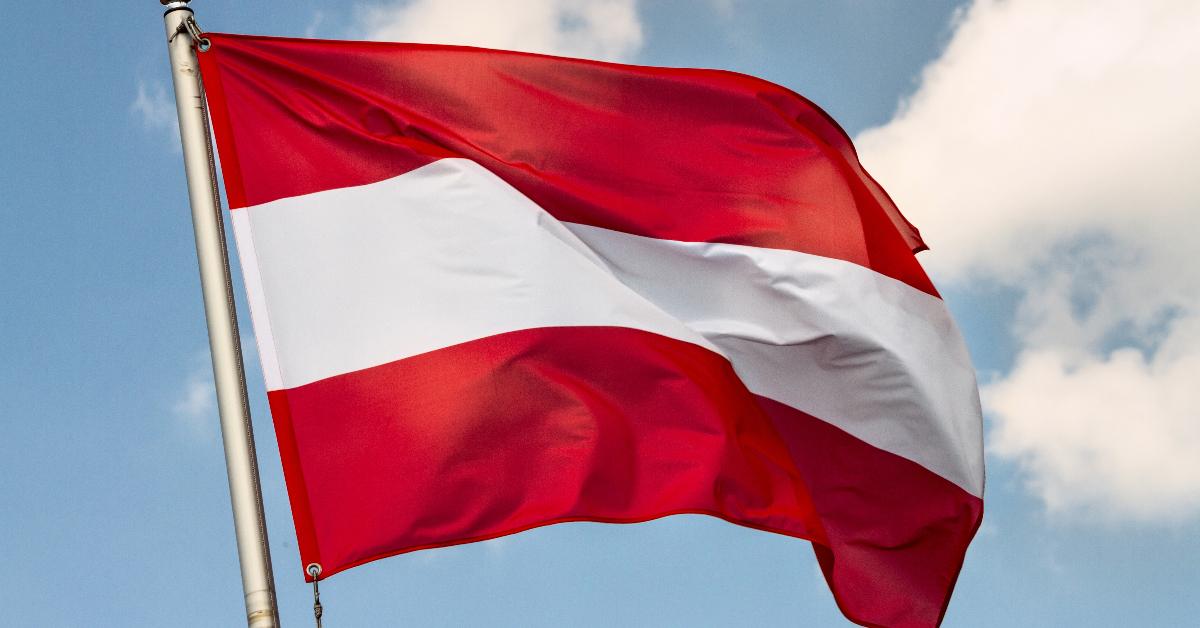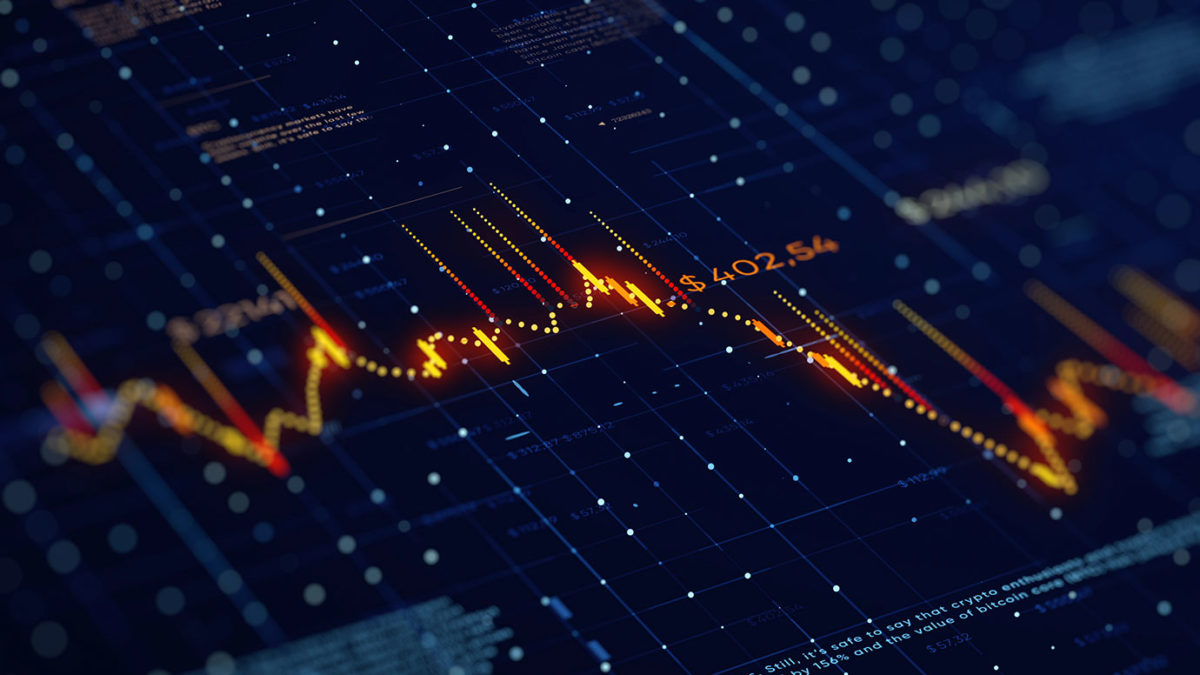
The Soviet empire started to crumble around 1989. The time period between the forming of the North Atlantic Treaty Organization (NATO) in the late 1940s and the retreat of Russia from Eastern Europe with the eventual collapse of communism in Russia is known as the Cold War. There was a great power confrontation in Europe that did not result in war.
Essentially, US-led NATO stood its ground to prevent further Soviet expansion from the territory it occupied at the end of World War II and waited for the inevitable collapse. Now, perhaps not everyone saw the collapse of the Soviet empire as inevitable. But all one had to do was view the Soviet empire for oneself, up close and personal, which is what I did in the early 1970s as a young Air Force officer.
The State of the Communist Economy
The Russian economy at that time is painful to describe. Moscow and Leningrad (Saint Petersburg), the so-called jewels of the Soviet Union, were depressing. Everything was shoddily built. There were very few cars on the streets. There were no retail shops deserving of the name. Lines formed in the middle of the night awaiting the opening of the few bakeries. I saw this for myself from my hotel window on the Nevsky Prospekt in Leningrad. GUM, the “world’s largest department store” near Moscow’s Red Square, sold nothing that was equal to what could be found in any garage sale in the West.
Actually, that should not be a surprise since at one time all those garage-sale goods were marketable. I did not visit Berlin, but those who did say that crossing the Brandenburg Gate from West Berlin to East Berlin was shocking. The very idea that the Soviet economy and lifestyle was in any way superior was ludicrous. It took brutal police power and the infamous Berlin Wall to prevent mass exodus to the West.
The Peaceful Collapse of the Soviet Empire
I’m sure that life only got worse in the years between my visit to the Soviet Union in the early 1970s until its final collapse. And the collapse occurred without a shot fired between the Great Powers. The collapse came very quickly and without warning. Author Amity Shlaes was a reporter for the Wall Street Journal Europe at the time.
Returning to New York from Berlin, Shlaes called her boss between planes in London and was told to return to Berlin. Something was happening. She told her boss that she had just left Berlin and that nothing was happening. Her boss told her to go back for a few days anyway. She did as ordered and witnessed the German people tearing down that despicable insult to humanity.
How the US Enforces the American Empire
The American empire is not enforced by walls with armed guards to prevent its citizens from escaping but, instead, by the almighty dollar. Since the enthronement of the dollar as a reserve currency in 1944 at the Bretton Woods conference and then the establishment of the petrodollar in the early 1970s, almost all international trade has been conducted in dollars. Thusly, dollars are held by every country’s central bank to settle international trade flows. Alasdair Macleod of Goldmoney calculates that foreigners hold around $31.8 trillion in US liabilities, of which $5.8 trillion is held by “official” institutions. (Refer to US Treasury International Capital figures.)
But the US has abused this “special privilege” by printing dollars out of thin air. It has funded its empire of hundreds of bases worldwide with excess dollars. Furthermore, it has enforced compliance with its expansionist foreign policy by freezing dollar accounts held by foreign central banks, foreign businesses, and foreign individuals whom it dislikes. By cutting them out of the international financial messaging system known as SWIFT, it has created great hardship on nations held to be offensive to the US.
Today the Roles Are Reversed
But these nations have discovered America’s Achilles’ heel and are doing something about it. The almighty dollar rests on a base of sand known as fiat money, which is not redeemable in a desirable commodity such as gold or silver. This characteristic has led to inflation of the dollar over the past fifty years at an ever-accelerating rate. Such inflation causes the exchange value of the dollar to shrink.
Since President Richard Nixon took the US off what was left of the gold standard in the fall of 1971, the dollar’s value against gold has shrunk by 98 percent. No one believes that this debasement will end or even slow down. In fact, the US seems determined to accelerate the dollar’s depreciation to pay for its military adventures and expanding welfare programs. Combining the debasement of the dollar with the trade sanctions has created an intolerable situation for those currently in America’s bad graces.
But these nations are countering American hegemony by deploying their own arsenal—not nuclear weapons but gold. Like America and NATO during the Cold War, these nations are standing their ground and arming themselves with an alternative and better reserve currency; i.e., a currency backed by gold and to be used at least initially for settling international trade.
Russia has been working on the framework of a new trade settlement currency for quite some time, and now China and others—such as Iran, India, Brazil, and South Africa—are joining the project. There is nothing nefarious per se about establishing an alternative trade settlement system. One may call it rational self-interest.
It is a peaceful project, but its results may be devastating for countries that depend upon a stable dollar. Those who join the new system will no longer need to hold dollars. This fall in the demand to hold dollars will lead to an inevitable fall in its purchasing power, perhaps even to its total collapse. This could happen literally overnight and without warning, just like the fall of the Berlin Wall.
Blinded by Fallacious Ideologies
Of course, no one in a position of power in the US understands anything about real money and real finance. They are blinded by the promise of Keynesian economics and modern monetary theory, which posits that creating aggregate demand (Keynesianism) funded by massive money printing (modern monetary theory) is the sure path to economic progress. They fail to acknowledge that the steady fall in the purchasing power of the dollar and the rise of an alternative trade settlement system are the inevitable consequences of their blindness.
I see nothing that can stop the continued debasement of the dollar, now coupled with arrogant and harmful financial sanctions, that will prevent the peaceful establishment of an alternative international reserve currency and all the consequences that it will bring to an unprepared US-dominated world.







